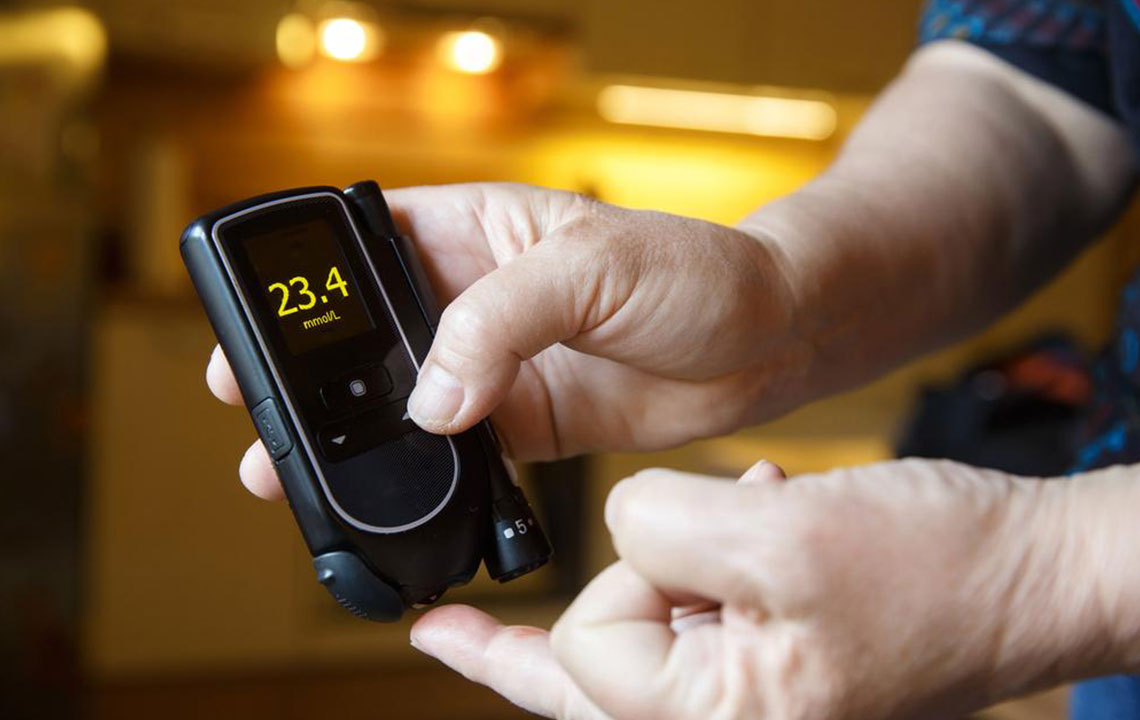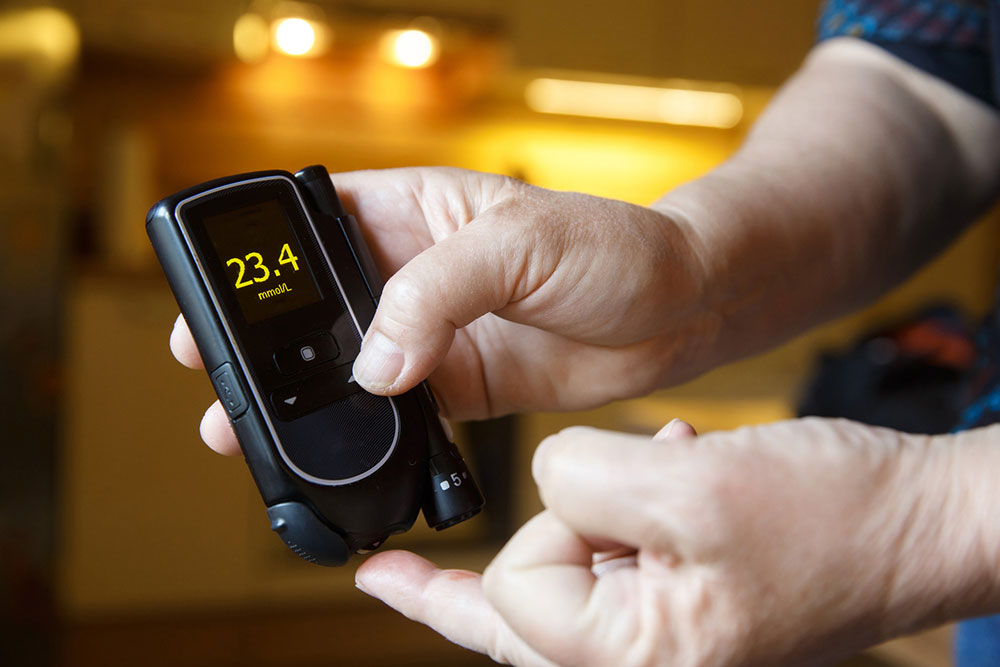Top 8 Strategies to Relieve Peripheral Nerve Pain in Diabetes
Discover eight effective ways to manage peripheral nerve pain caused by diabetes. From maintaining optimal blood glucose levels to practicing good hygiene and meditation, these strategies help alleviate discomfort and improve quality of life for diabetics suffering from neuropathy. Early intervention and lifestyle adjustments are key to controlling symptoms and preventing further nerve damage.
Sponsored

Top 8 Strategies to Relieve Peripheral Nerve Discomfort in Diabetes
What is diabetic nerve discomfort?
Diabetic nerve complications, or neuropathy, affect individuals with either type 1 or type 2 diabetes. This condition involves nerve damage that can cause numbness, tingling, or pain throughout the body. It often develops gradually if blood sugar remains uncontrolled over time.
Understanding peripheral diabetic nerve issues
While there are four types of diabetic nerve problems—peripheral, proximal, autonomic, and focal—the most prevalent is peripheral neuropathy, which causes discomfort or numbness primarily in the hands, feet, and legs.
Approximately 60% of diabetic patients face a risk of developing peripheral neuropathy. This condition is especially common among elderly diabetics. Early diagnosis can be challenging since initial symptoms may be subtle or absent. Later signs include burning sensations, sharp pain, numbness, tingling, twitching, heightened sensitivity, poor balance, and muscle cramps. Recognizing these symptoms early and consulting a healthcare professional is crucial.
How to soothe peripheral diabetic nerve pain
While a complete cure for diabetic neuropathy remains elusive, symptom management is possible through medical guidance and lifestyle changes. Here are some effective strategies for alleviating nerve discomfort:
Regulate blood sugar levels – High blood glucose is the primary factor in nerve damage. Working with your doctor to maintain healthy blood sugar through medications or insulin can reduce symptoms and prevent progression.
Use prescribed medications – Doctors might recommend medications like anti-seizure drugs or antidepressants to reduce nerve pain. It's essential to follow medical advice and report any side effects immediately; self-medicating can worsen your condition.
Adopt a healthy diet – Your diet impacts blood sugar control significantly. Focus on eating vegetables, fruits, lean proteins, healthy fats, and fish while reducing refined sugars, processed foods, and carbohydrates. Preparing meals at home helps control portion sizes and ingredients. Staying well-hydrated aids in toxin elimination and improves blood flow to affected nerves.
Engage in gentle exercises – Regular low-impact activities such as walking, swimming, or cycling can improve mobility and circulation, which helps in managing nerve pain. Aim for at least 30 minutes daily to maintain a healthy weight and enhance nerve function.
Eliminate smoking and alcohol – Both habits can worsen nerve issues by dehydrating the body and impairing blood flow. Quitting these can significantly slow nerve damage progression.
Utilize essential oils – Massaging with oils like lavender, chamomile, peppermint, or eucalyptus can reduce pain and inflammation in affected areas.
Maintain good hygiene – Regularly inspect your skin for blisters, sores, or ulcers, especially on your feet and legs. Proper hygiene, including washing after outdoor activities, trimming nails, and wearing comfortable footwear, prevents infections and further complications.
Practice meditation – Managing the mental stress associated with chronic nerve pain through meditation can boost your overall well-being and motivate you to follow treatment plans effectively.






